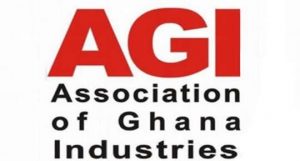Chairman of the Coalition of Stakeholders in Electricity Concession and Arrangements (COSECA), Dr Steve Manteaw has said that the new tariffs announced by the Public Utilities and Regulatory Commission (PURC) favour businesses.
His comment is however contrary to the views of the Association of Ghana Industries (AGI) and the Ghana Hoteliers Association who have complained about a potential negative impact of the tariff increases on their members’ operations.
Dr Manteaw indicated in a statement that COSECA’s analysis shows that, “the new tariff regime is more business friendly than the previous.
“The approved tariffs is probably the best the Public Utility Regulatory Commission (PURC) could do under the circumstances, especially, if it were to ensure that the two major utilities are able to sustain their operations. COSECA says it is concerned about the potential effect of a 31.7% inflation rate, and a near 100% depreciation of the local currency, since the last major tariff review in 2018, on the ability of the utilities to sustain their operations, if nothing was done about the tariffs.”
The PURC has increased water tariff by 21% and electricity tariff by 27.15%.
The new tariffs start September 1.
The regulator announced this on Monday August 15.
COSECA said “For electricity for instance, at the time, inflation was around 7.14%. Today, inflation has hit 31.7%, according to recent data released by the Ghana Statistical Service. This means inflation has worsened by more than 200% since 2019. Again, the exchange rate of the Cedi to the dollar in 2019 was GHC5.20.
“Today, it is almost GHC10, representing a near 100% worsening of the value of the Cedi against the dollar. The Bank of Ghana policy rate in 2019 was 16%. Today, it’s around 22%. What this means is that, the cost of borrowing has gone up and so local companies that borrow to finance their production of key inputs for the utilities will reflect the high cost of borrowing in their pricing.
“The point to note here, is that, government’s poor management of the macro-economic indicators will always reflect badly on the utilities and will come back to hurt consumers in the form of higher tariffs.”






